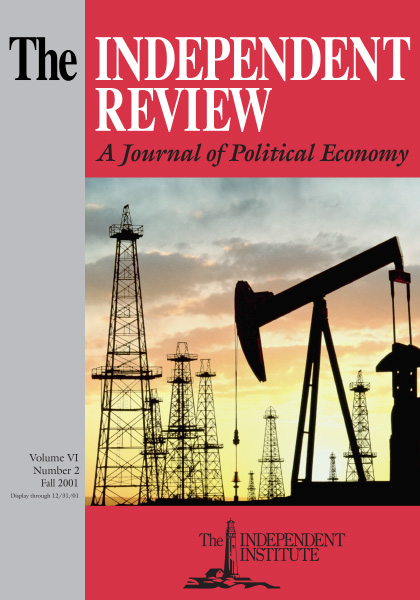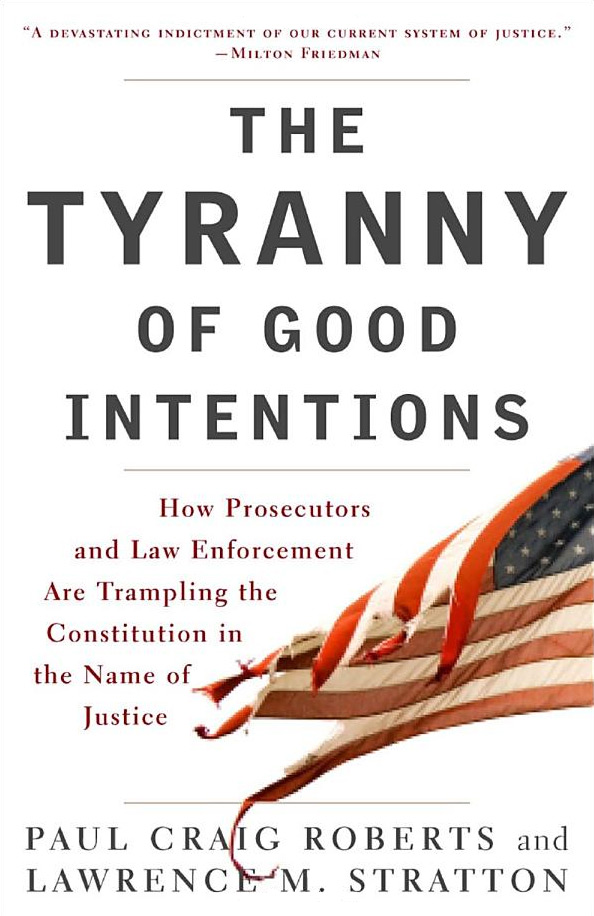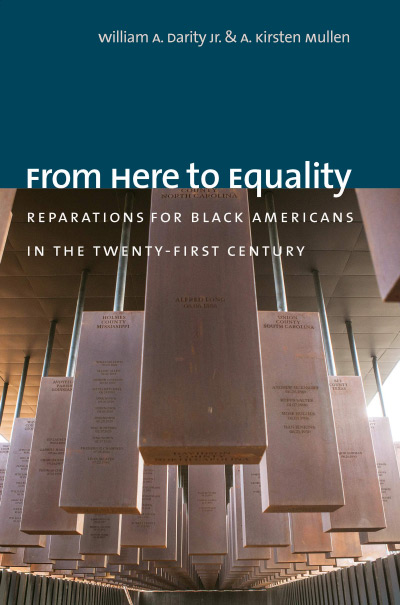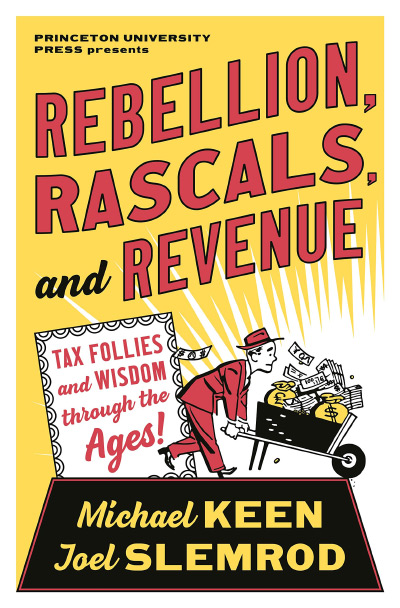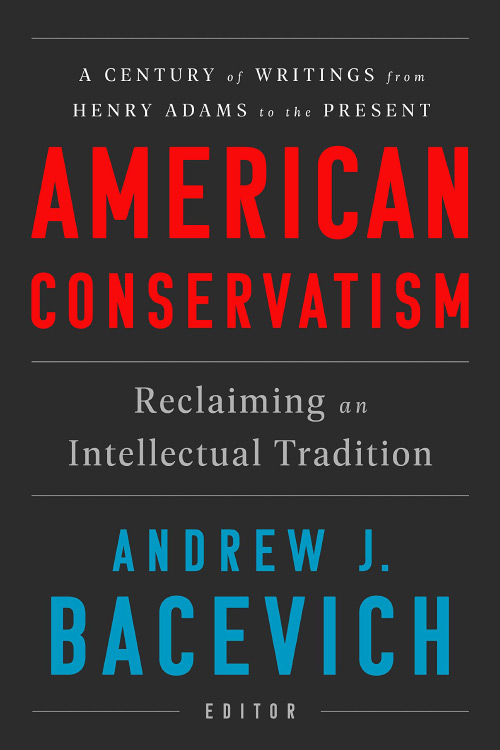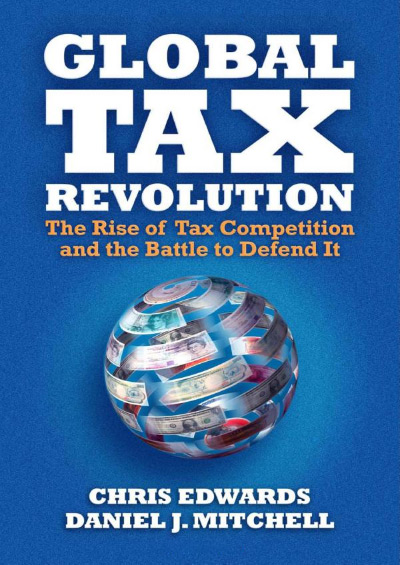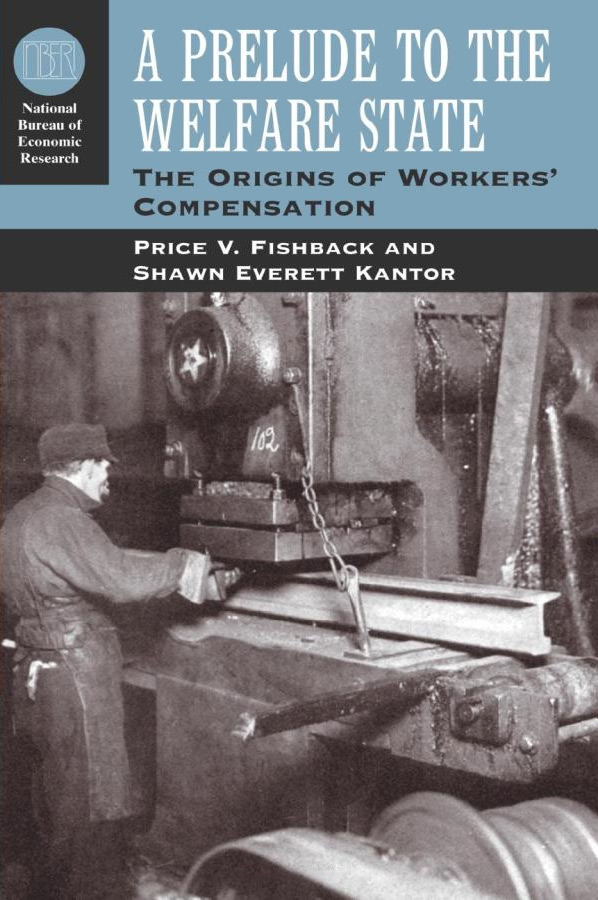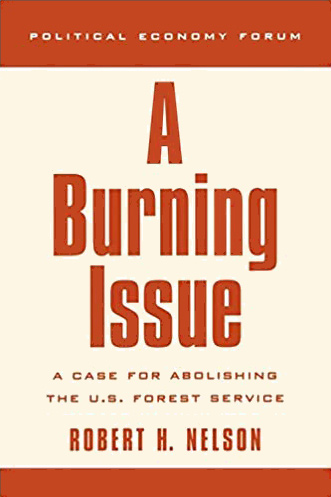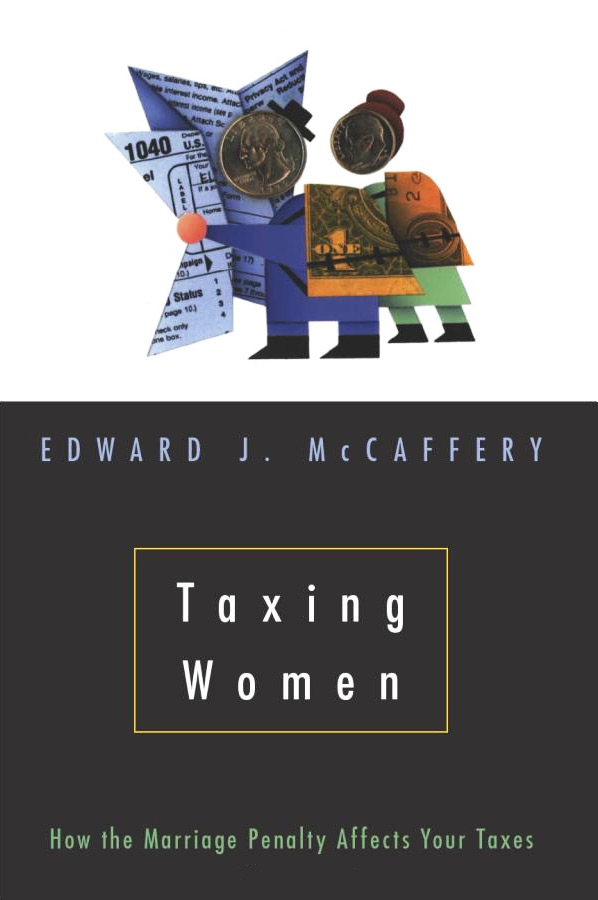The Tyranny of Good Intentions should make those who participate in our political and legal systems uncomfortable, if not self-loathing. Paul Craig Roberts and Lawrence M. Stratton’s principal argument is that what passes for “law” in the current civic climate is far removed from “the long struggle to establish the people’s sovereignty” that dates back to pre-Norman England (p. ix). Simply put, the law has been transformed from a shield that protects the people from the encroachments of government power into a sword that enables the government to lord over the people. Those who are weary of the ongoing government assault on Microsoft and the tobacco industry or of the continued evisceration of civil liberties under the tutelary banner of the drug war should immediately recognize this transformation. Nevertheless, most Americans now tacitly assume that state power is a source of freedom rather than an obstacle to freedom.
The Tyranny of Good Intentions highlights two broad areas in which the content and enforcement of the law now serve as a sword against what is loosely termed “the Rights of Englishmen”: namely, “prohibitions against crimes without intent, retroactive law, and self-incrimination . . . buttressed with restraints on prosecutorial powers”(Paul Craig Roberts, “How the Law Was Lost,” Cardozo Law Review 20 [1999], 853).
First, the authors consider how government prosecutors, manifesting a win-at-all-costs mentality, sacrifice the quest for truth in order to advance their careers. Using show-trial techniques akin to those of the Soviets, prosecutors seek lucrative and well-publicized “agreements” with monied targets branded as public scoundrels. For example, Mississippi attorney general Michael Moore’s efforts against the tobacco industry have ensured him a promising political future, not to mention a chorus of hosannas from his fellow attorneys general, U.S. senators such as John McCain, and Hollywood celebrities. Already Moore has played a cameo role in director Michael Mann’s critically acclaimed film The Insider, which details the controversy surrounding a tobacco industry whistle-blower.
Second, the abdication of legislative power to administrative agencies has eroded the Anglo-Saxon legal maxim delegata potestas non potest delegari: “a delegated power cannot itself be delegated” (p. 162). The restriction against the delegation of power is rooted in John Locke’s views on representation and in Montesquieu’s ideas about separation of powers. It is aimed at ensuring that policy decisions be made by those directly accountable to the people, who themselves retain the right to make laws. The legislative branch now patently ignores this restriction, and both the judicial branch and the legal academy counsel continued delegation. The end result is a system of government immune from either rigorous scrutiny or substantive reform.
Official Indiscretion
All too often, government prosecutors begin and end the quest for justice before microphones and cameras. They vilify prospective defendants in the court of public opinion, never intending to enter a court of law. In the case of the Exxon Valdez, for example, Attorney General Dick Thornburgh successfully utilized what he deemed “an innovative legal approach.” Unable to ascertain any intent to pollute waterways and kill migratory birds, a five-count criminal indictment was brought under the Clean Water Act, the Refuse Act, the Migratory Bird Treaty Act, the Posts and Waterways Act, and the Dangerous Cargo Act (pp. 47–49).
Because potential liability in the case exceeded $700 million, not including cleanup costs, Exxon entered a guilty plea and paid a fine of $125 million. The judge who entered the judgment called Exxon “a good corporate citizen” (p. 50). Although a hypothetical trial would have pitted an unpopular corporation against federal prosecutors with unlimited resources, Roberts and Stratton rightly contend that good corporate citizenship in reality “requires resisting when zealous prosecutors misuse the law” (p. 50).
In the current legal landscape, Microsoft and the tobacco industry clearly have different notions of what constitutes good corporate citizenship. Microsoft is literally taking its case all the way to the Supreme Court (United States v. Microsoft Corp, 97 F. Supp. 2d 59 [2000], appeal pending). The tobacco companies, on the other hand, have entered into a Master Settlement Agreement (MSA), promising to provide a steady stream of revenue to state governments across the nation in exchange for immunity from further such state prosecutions. To be sure, the MSA also protects each of its corporate signatories from the rigors of market competition. The National Governors Association calls the settlement “an unprecedented opportunity to help secure a brighter future for today’s youth.”
The MSA does not, however, stop the persistent statist harangue. One use of the MSA funds is for financing an educational effort called “the truth” (http://www.thetruth.com). Highlights of the campaign are ostensibly hip TV commercials; America’s First Tobacco Memorial (twelve hundred body bags tall) in Washington, D.C.; and a “Rip It Out” tour in which the nation’s youth are encouraged to develop their censorial instincts by ripping tobacco advertisements from magazines and getting “hooked up with truth gear.”
Especially disconcerting is that these efforts are carried out with no sense of irony or restraint. Beyond reinforcing the underlying legitimacy of the MSA itself, thetruth.com inculcates three subtle and corrosive values into tomorrow’s voters: “the truth” is government’s domain (well, at least it has the Internet domain name); private parties can be expected to fund activities inimical to their lawful operation; and designated speech, in particular that having the “taint of commerce,” deserves mass disapproval and ultimately outright suppression. Under prevailing First Amendment law, “commercial” speech receives less protection against government infringement than “core” speech, such as political or religious speech (Central Hudson Gas & Electric Corp. v. Public Service Comm’n of New York, 477 U.S. 557 [1980]).
Yet government itself can hardly follow constitutional limits on its own power. There are now more than thirteen thousand federal crimes; hence, the constitutional principle that the federal government possesses only limited and enumerated powers is in practice a nullity. Measures such as the 1984 Comprehensive Forfeiture Act and the 1987 Federal Sentencing Guidelines lend support to the supraconstitutional vagary that federal criminal law has a legitimate basis, especially if firearms or selected intoxicants are involved. In recent years, Chief Justice Rhenquist, the federal judiciary, and the American Bar Association have criticized the continued federalization of criminal law through congressional legislation.
Even those who purportedly favor limited government and private-property rights support pervasive federal police activities. In this regard, the authors of The Tyranny of Good Intentions are at their most cogent: “The blindness of many conservatives to the dangers of asset forfeitures contrasts remarkably with their strenuous objections to the takings of private property by wetlands and endangered species regulations, and by rent control and zoning statutes” (p. 131).
A leading exemplar of the right’s myopia is the principal sponsor of the 1984 Forfeiture Act, Dan Lungren, whose eight-year tenure as California attorney general was marked by an ironclad authoritarian opposition to any substantive drug-policy reform, most notably his refusal to implement the 1996 medical marijuana initiative known as Proposition 215. Months after National Review branded him “the Great Right Hope,” Lungren’s 1998 gubernatorial campaign came up short by a mere twenty percentage points and had a damaging effect on the rest of the GOP ticket.
However, even Lungren’s successor in the Office of Attorney General has refused to enforce the will of the voters, as evidenced by the ongoing efforts to prosecute 1998 Libertarian gubernatorial candidate Steve Kubby, who is asserting his right to grow marijuana for personal medicinal purposes under Proposition 215. Even if Kubby escapes punishment by California’s justice system, he may be brought up on federal drug charges.
Government by Agency
The growth of the administrative state since the early 1900s parallels the American public’s acquiescence to greater government intervention. The continued vitality of the administrative state is promoted by a class of intellectuals decidedly opposed to capitalist modes of organization (Robert Nozick, “Why Do Intellectuals Oppose Capitalism?” Cato Online Policy Report [Jan.–Feb. 1998]). Roberts and Stratton note that “the Constitution has been lost in poor teaching and the legal profession’s accommodation to unaccountable power” (p. 181). Such accommodation is exemplified by the uniformly pro-regulatory orientation of eminent constitutional scholars such as Professors Laurence Tribe of Harvard University and Erwin Chemerinsky of the University of Southern California.
The role that academics play in fostering popular ignorance of constitutional principles should not be underestimated. Most media outlets, including the major broadcast networks, rely on wire reports and sound bites from legal scholars. Outlets that do retain their own legal-affairs reporters still depend on the interpretations of legal scholars, whether in the news stories themselves or on the editorial pages.
For example, the chorus of 430 legal scholars who denounced even the initiation of impeachment proceedings against President Clinton demonstrated their less than subtle political proclivities. When the Supreme Court correctly struck down the Violence against Women Act on Commerce Clause grounds, the New York Times opined that the Court’s decision constituted “violence against the Constitution,” and Professor Chemerinsky lamented that federal law will become “narrower and narrower” (“Violence against the Constitution,” New York Times, May 16, 2000, A22; Erwin Chemerinsky, “And Federal Law Got Narrower, Narrower,” Los Angeles Times, May 18, 2000, B11).
The cacophony of academic opinions and of the subsequent media affirmation of those opinions overwhelms the underlying reason for retaining a written constitution requiring judicial interpretation. In short, the Constitution serves as a grant of limited power by the ultimate sovereign to its delegates—that is, from the people to their legislators and the law enforcers. As a result of leftist intellectual gyrations that ignore this understanding of the Constitution, the general public now accepts that democracy cannot exist without a class of “experts” well versed in the “science” of public administration. For them, limits on government power would be tantamount to limits on social progress.
A system in which unaccountable administrative agencies have broad powers over regulatory promulgation, interpretation, and enforcement produces real human casualties. The authors note a remaining “pretense of congressional oversight and the scholasticism of the Administrative Procedure Act” (p. 171), but their accounts of the horrors wreaked upon Edward Hanousek of Alaska and the Mills family of Florida are clear testaments to a regulatory system run amok.
Edward Hanousek was imprisoned under the Clean Water Act. A backhoe driven by one of his subordinates at a railroad maintenance site accidentally struck a pipeline in the course of clearing rock debris. Hanousek was at home and off duty when the accident occurred. Nevertheless, he was held personally liable for negligently discharging a harmful quantity of oil into a navigable waterway. It is highly unusual for a civil offense to result in criminal liability such as that imposed on Hanousek: six months in prison, six months in a halfway house, six months of supervised release, and a fine of $5,000.
He appealed his penalties as a violation of due process, but the Ninth Circuit Court of Appeals found that the law constituted “public welfare legislation” that allowed for criminal prosecution for acts of ordinary negligence (United States v. Hanousek, 176 F.3d 1116, 1121 [1999]). The Supreme Court denied review, leaving the conviction and the penalties in place (United States v. Hanousek, 528 U.S. 1102 [2000]). Dissenting from the Court’s denial of review, Justice Clarence Thomas declared that “we should be hesitant to expose countless numbers of construction workers and contractors to heightened criminal liability” for so-called public-welfare offenses (p. 1103).
Ocie Mills and his son Carey were imprisoned for twenty-one months because they had the audacity to use building sand to level a foundation for the elder Mills’s dream home. A federal bureaucrat with the Army Corps of Engineers (COE) claimed jurisdiction under the Clean Water Act to enforce wetlands regulations, even though that act does not define a “wetland” or stipulate how wetlands are to be regulated. A subsequent judicial determination found that the land was probably never a wetland (United States v. Mills, 817 F. Supp. 1546, 1548 [1993]). The convictions, however, were ultimately upheld (Mills v. United States, 36 F.3d 1052 [1994], cert. denied, 514 U.S. 1112 [1995].) A bill was later introduced in Congress in order to codify the COE’s self-promulgated regulations (p. 170).
Those who are actively engaged in policymaking and law enforcement would do well to read The Tyranny of Good Intentions, even if it gives them only momentary pause in their assorted “public interest” crusades to leave hoof prints on the people’s constitutional liberties.

